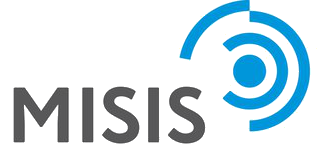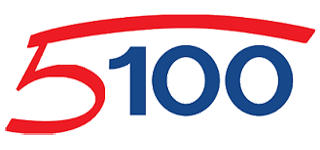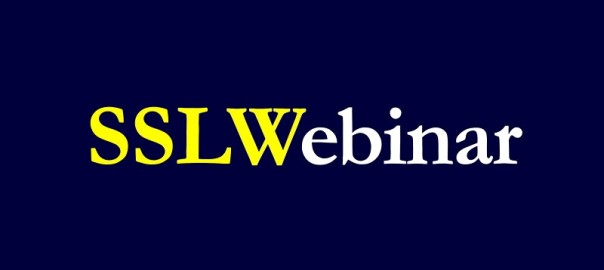“Advocating for L2 Writers in the COVID-19 Era: Administrative Strategies”
Discussion Leaders: Shelley Staples and Christine Tardy 1-2:30 pm on June 12, 2020 (Arizona Time; MST; UTC-7) In this discussion-driven webinar, we will consider some of the administrative and financial challenges that university writing and language programs are facing as their institutions face severe financial pressures and remote instruction for international students. We will discuss some of the approaches different universities have proposed to address these constraints and some of the strategies that L2 writing administrators have used or can use to continue to advocate for students and teachers.
Shelley Staples is Associate Professor of English Applied Linguistics and Associate Director of Second Language Writing in the University of Arizona writing program. Her research focuses on corpus linguistics and corpus-based pedagogy, particularly for applications to second language writing. Her research on second language writing has been published in journals such as Journal of Second Language Writing, Journal of English for Academic Purposes, TESOL Quarterly, Applied Linguistics, and Modern Language Journal.
Christine Tardy is Professor of English Applied Linguistics at University of Arizona, where she previously served as an administrator in the university writing program and currently supports first year writing at the university’s global campuses. Her research focuses on second language writing, genre and discourse studies, and academic writing instruction. Her work has been published in journals such as Journal of Second Language Writing, Journal of English for Academic Purposes, TESOL Quarterly, and Written Communication. Her most recent book, Genre-Based Writing: What Every ESL Teacher Needs to Know, is an ebook published with University of Michigan Press.
Schedule. The event schedule is in Arizona Time (Mountain Standard Time; UTC-7). Use Time Zone Converter to find out what day/time it would be in your city.
Registration. Participation in each webinar is limited to the first 500 registrants. Once you have successfully registered, you will receive an email ticket from Eventbrite. (If not, check your junk box, and consider adding eventbrite.com to your safe sender list.) Click on “View Now” on the email ticket to access the webinar.
Format and Topic. The format and topics for the webinar will vary from session to session. Given the diversity of geographic, educational and sociolinguistic contexts that the participants will likely represent, the discussion will be based primarily on questions that are generated by the participants.
Hardware and Software Requirements. Participants will communicate via Zoom. You will need a computer or smart phone with a web camera and microphone as well as access to the Internet. Earphones are highly recommended to avoid sound problems while you are taking your turn to speak.
How to Participate. To learn how to register and participate, watch Participants’ Guide to SSLWebinar (Length: 5:12).
Recording and Sharing. The sessions will be recorded by the host and will be shared online later via social media or other appropriate venues. By registering for this event, you will be considered to have given the permission to be recorded. If you wish not to be included in the recording, please do not speak up or turn on the video.
Past SSLWebinars are available on Youtube SSLW Channel.
Certificate of Attendance. A certificate of attendance is available upon request. The link to the request form is at the bottom of the event page. When you receive the event ticket from Eventbrite, click on “View Now” and scroll down for the information.
Acknowledgments. SSLWebinar is organized by the Symposium on Second Language Writing with the support of the Journal of Second Language Writing/Elsevier, and Parlor Press Series on Second Language Writing.


